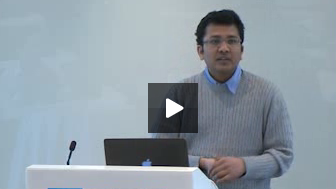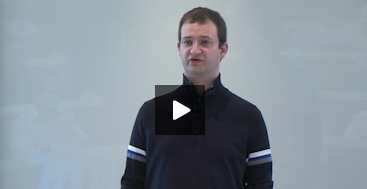About
Welcome
This invitation-only workshop took place over February 18-19, 2014. Invitations were issued to researchers with interests and potential impact in Cyber-Physical Systems, with a special emphasis on participation by early career researchers, based on their responses to the call for participation. The goal of the workshop is to help aspiring PIs understand what NSF (and importantly, the panels convened by NSF) are expecting to see in a successful CPS proposal.
Talks by NSF Program Directors and currently funded CPS Principal Investigators provided the main program, and interaction was supplemented by time set aside for individual meetings between aspiring PIs and Program Directors.
Background
Reference Materials
Acknowledgments
This workshop is modeled after the NSF/DIMACS Workshop for Aspiring PIs in Secure and Trustworthy Cyberspace, organized by Prof. Rebecca Wright. The organizers are indebted to Prof. Wright and the NSF Program Directors who assisted in the organization and execution of that workshop for their assistance and expertise.
About our speakers
The workshop was addressed by the below faculty currently supported by the CPS Program at NSF.




